Sustainability: A Pro AV Progress Report
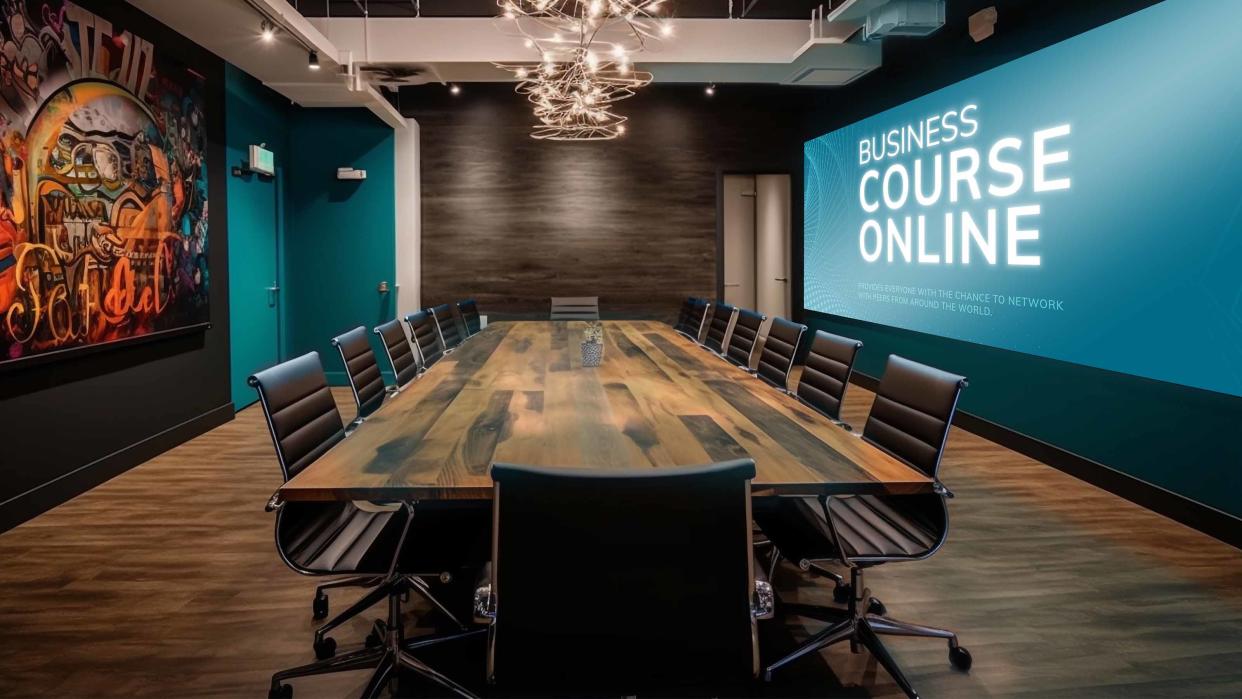
Along with broader global efforts to achieve sustainability and reduce carbon emissions, the Pro AV industry is making the effort to conserve resources and minimize long-term environmental impacts. In fact, many industry members are setting action-orientated goals and implementing sustainable practices across its business and supply chains.
[Logitech Transitions to Recycled Plastic, Next-Life Materials]
Keeping Up with SDGs
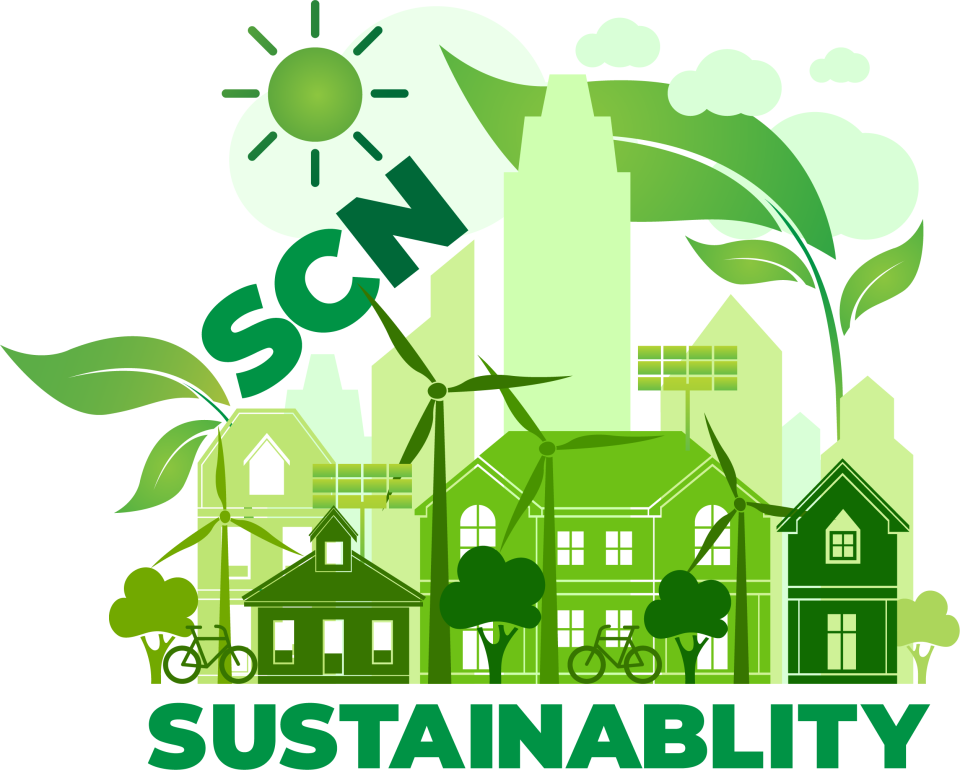
“Sustainability is important in Pro AV because we are a multi-billion-dollar industry that grows larger by the year—and consequently has a progressively greater impact on sustainability,” said Christina De Bono, founder and president for Sustainability in AV (SAVe). “Each year, we’re in a progressively stronger position to make things worse or make them better. So far, our industry doesn’t have a lot of positive achievements to show for itself.”
Led by industry volunteers, SAVe hopes to inspire the AV industry to develop strategies to achieve the 17 Sustainable Development Goals (SDGs) as outlined by the United Nations in the 2030 Agenda for Sustainable Development. “Like every industry, ours is a significant contributor to the problems we face," said De Bono. “But it’s also in a position to significantly advance positive change. The SDGs are not some pie-in-the-sky fantasy. They are the product of a massive global effort—endorsed in 2015 by every member of the United Nations—to identify not just what needs to be done but how to achieve them.”
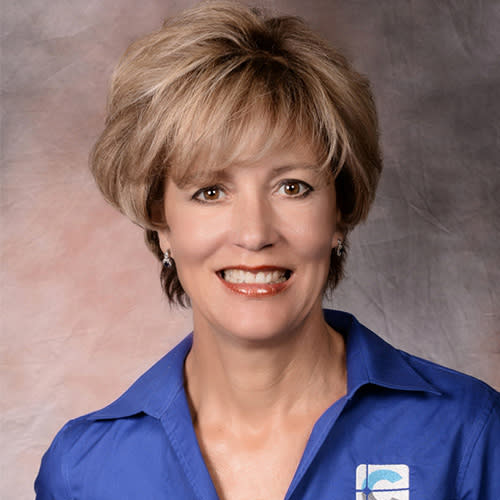
With the United States being one of the few nations failing to report on SDG progress and the general public's lack of awareness, SAVe hopes to change that within the AV industry. "We already have a critical mass who favor sustainable development," added De Bono. "SAVe is committed to empowering them with information and resources to act."
After serving as the official sustainability partner for ISE in 2023 and 2024, SAVe was inspired to launch SAVe 2024, a sustainability conference in mid-March that brought AV leaders from around the globe together in Los Angeles to collaborate, learn, and connect. SAVe also offers several programs and initiatives, including SAVe: A Second Life, helping to support responsible recycling by ensuring usable equipment is kept in a cycle of use rather than entering the waste stream.
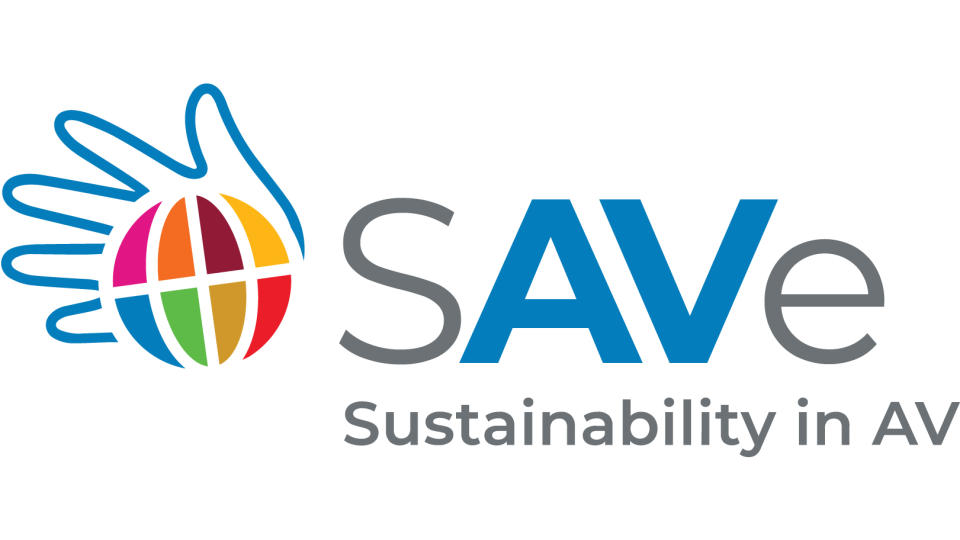
SAVe certification workshops can help organizations identify ways they can make an impact on sustainability issues by developing actionable steps toward progress. Once an official plan is developed, an organization can submit it to SAVe to be granted SAVe Certification, demonstrating to all stakeholders that they are serious about sustainability. “SAVe Certification workshops are important because they provide a rapid, adoptable, easy-to-maintain way to incorporate sustainability-advancing behaviors and practices into an organization,” said De Bono.
Products and Solutions
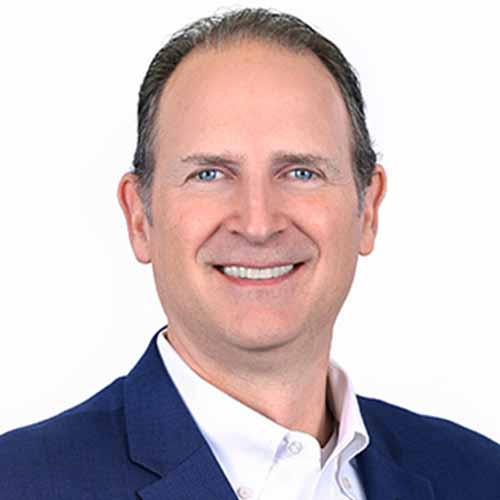
“Pro AV business leaders have two roles in impacting climate change,” said Michael Boettcher, president of Edge, which is a consortium of AV integrators. “The first is to move as fast as possible to reduce greenhouse gas emissions from their operations and supply chains. Secondly, business activities can also contribute to innovation and solutions to prevent, mitigate, and adapt to climate change and its adverse impacts on the planet.”
LED Studio is taking steps to eliminate "throwaway culture" with its V1 Architecture, a proprietary infrastructure designed to accommodate evolving pixel technologies, within its EDGE Series of displays. The company launched the 54-inch EDGE Pro and the 65-inch EDGE earlier this year.
[SCN Hybrid World: Videobars Offer Simplified Conferencing Solution]
Considered a direct replacement for LCD video wall panels, the EDGE Series offers simplified installation for integrators. The 54-inch EDGE Pro has fewer internal components than traditional LED display cabinets, reduces the amount of raw materials used during manufacturing, and features Chip on Board (COB) MicroLED pixel technology that can deliver substantial energy savings versus LCD for customers, which improves ROI.
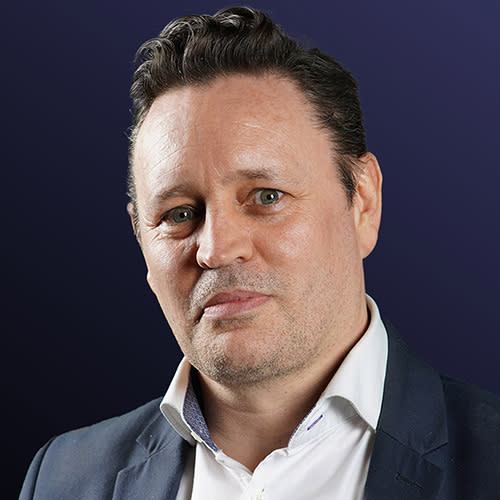

“Enhancing sustainability and removing the complexity associated with LED display installations is at the heart of everything we do,” said Rob Bint, CEO, LED Studio. “Our ability to present an LED display with the option to choose from three advanced manufacturing technologies and various pixel pitches is a massive evolution in the LED industry. It is a significant turning point in a move towards a more sustainable display industry by protecting initial investments, reducing waste, and supporting technology progression.”
One SAVe 2024 sponsor, Sony Electronics, enacted an environment plan called “Road to Zero,” which is built on goals concerning four environmental perspectives: curbing climate change, conserving resources, controlling chemical substances, and promoting biodiversity. With this in mind, the company has moved forward with initiatives like being engaged as an EPA SmartWay Shipper for transportation sustainability and freight efficiency, as well as leveraging recycled material, SORPLAS (sustainable orientated recycled plastics), for parts. Its San Diego headquarters was awarded the LEED gold certification in 2010 and procured 100% renewable energy by purchasing renewable energy certificates.
“We would like to emphasize the importance of transparency in sustainability efforts,” said Kanaru Fukushima, senior manager, marketing for Sony Electronics. “Our commitment to sustainability is not just a checkbox; it’s an ongoing journey that requires continuous improvement. We encourage open dialogue with our stakeholders to foster accountability and transparency, driving positive change across the industry.”
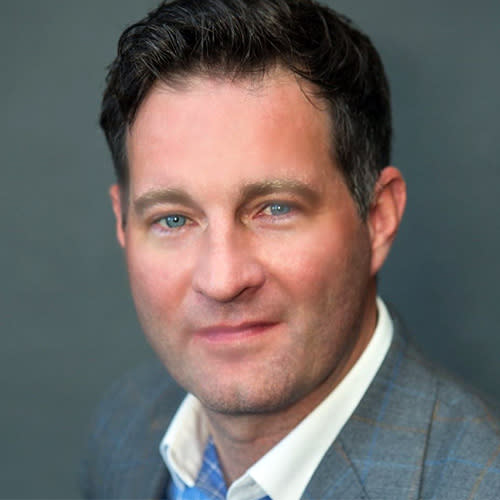
PPDS North America introduced modularity in its Philips Signage 4000 Series (D-Line), allowing the potential for repairs and renovation of displays, and introduced the first PPDS EcoDesign displays, which use less than half the energy of their direct competitors and have been recognized with the EPEAT Silver Climate+, an ecolabel from the nonprofit Global Electronics Council (GEC).
“For us, the greatest thing is being transparent about our efforts and making the information our system integration partners and customers need about the sustainability of Philips Professional Displays readily available,” said Nick Beglaries, commercial vice president, professional displays, PPDS North America. “Last year, we introduced a toolkit for our SIs, enabling them with all the information, regularly updated, all in one place.”
[Check Out the New PPDS EMEA ‘Super Sustainable’ Master Showroom]
A Package Deal
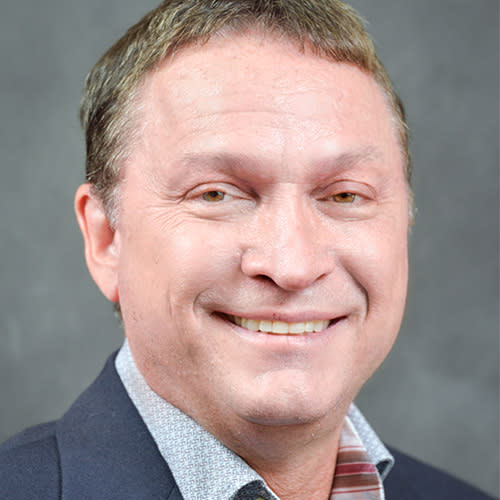
Many industry members, including representatives from Sony Electronics and PPDS North America, commented on the importance of sustainable packaging and shipping. Just Add Power has moved to 100% recyclable material over the past five years. It even uses an independent cardboard recycling pickup for large packaging that its facilities can’t reuse. "We specify that our manufacturing partners use recycled materials in manufacturing when available, like the steel for our cases,” said Ed Qualls, CEO, Just Add Power.
Just Add Power has even found various efficiencies within its building, including utilizing a solar array to provide 90% of its annual energy requirements. “Since the installation in November 2023, we have already reduced our carbon footprint by over 11 tons,” said Qualls. The company even thinks of sustainability regarding plants on their property, using self-pruning trees like foxtail palms and peanut flowers for ground cover, allowing them to forgo gas or electric-powered garden tools to maintain them.
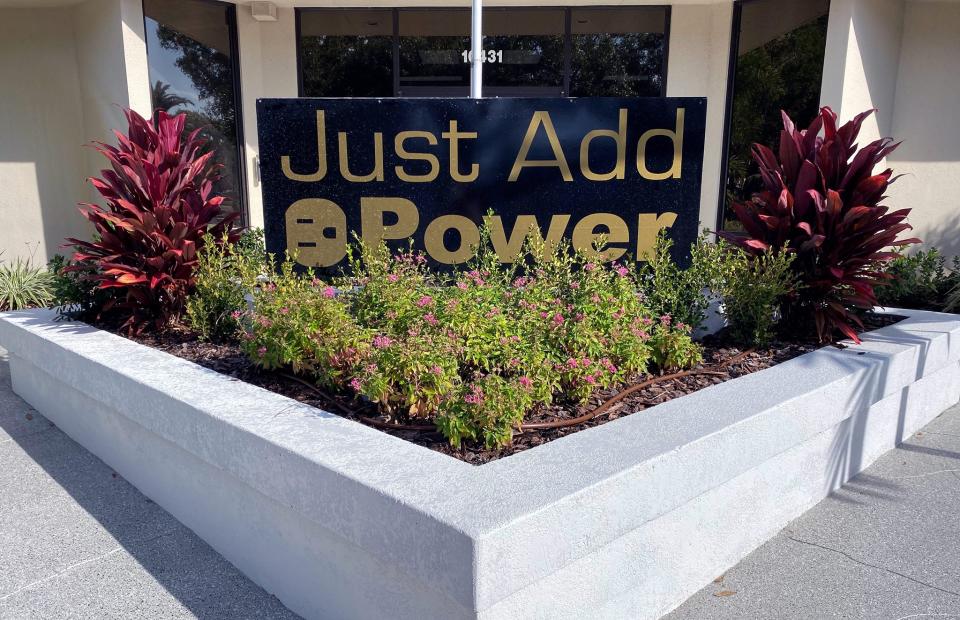
At the center of WyreStorm's sustainability drive is the transition to eco-friendly paper materials, a departure from traditional plastic-based packaging that helps reduce its impact and align with consumer preference for eco-conscious products. "Two-thirds of our packaging, even more so now, is filled with paper instead of plastics," explained Samantha Buchanan, marketing and administrative manager with WyreStorm. "All of our packaging is cardboard—and whenever we ship anything, whether to a show or our customers, we try to use paper products over any Styrofoam or bubble materials unless necessary."

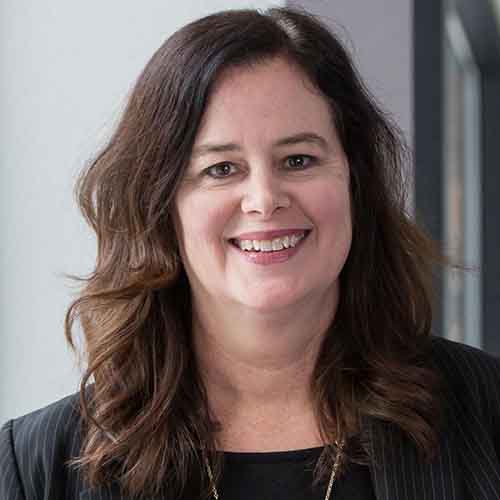
Legrand | AV is dedicated to eco-conscious practices at every product lifecycle stage and is in the last year of its fifth sustainability roadmap. “We’re actively developing our sixth roadmap, which would be from 2025 to 2027, but our goal is to be net neutral for carbon by 2050 and reduce single-use plastics by 2030,” said Kathryn Gaskell, director of eco-design and regulatory.
For those claiming higher costs hold them back from sustainability initiatives, Gaskell feels this is a common misnomer within the industry. “We assumed we’d have to go up in cost because the sustainable solution we found would be more expensive. We were surprised in a great way that it wasn’t," she noted. "It may be a wash, it may be a little less … when you’re looking at it, I think you should assume it’s the right decision, and luckily, our company leans into the right decision versus the cost.”
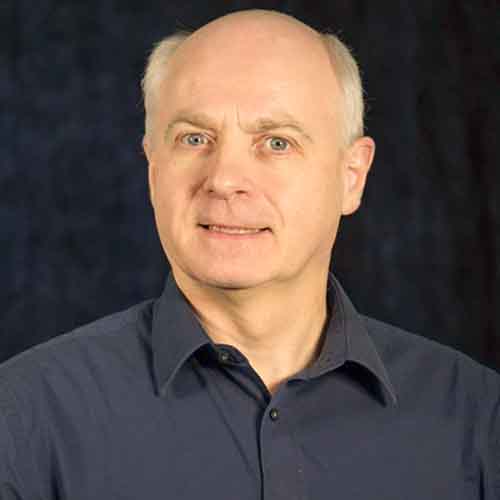
With a focus on improving technology resource utilization, VITEC modified its entire product design process to minimize the environmental impact and optimize energy consumption for all solutions, leveraging renewable energy strategies like including photovoltaic panels and heat pumps to power facilities across the globe. The company also looks at sustainability opportunities within its logistics, reducing travel between its manufacturing site and customers. In 2022, VITEC launched the GreenPEG initiative to measure, reduce, and compensate for all carbon emissions, including everything from raw material extraction to final recycling.
"There is a growing sense that eco-friendly design and sustainability practices in enterprise video applications are not just good for the planet, but also business," said Phillippe Wetzel, CEO, VITEC. "Effectively implemented, these strategies streamline the processes; they reduce waste, cut costs, and reduce enterprise video's environmental impact."
Real change doesn’t happen alone. De Bono hopes the groundswell of interest in sustainability is gaining momentum—and that events like SAVe 2024 can be a starting place for impactful, long-lasting partnerships. “Partnerships are nothing less than force multipliers,” said De Bono. “They are essential to creating the groundswell of support we need to effect real and lasting change.”
